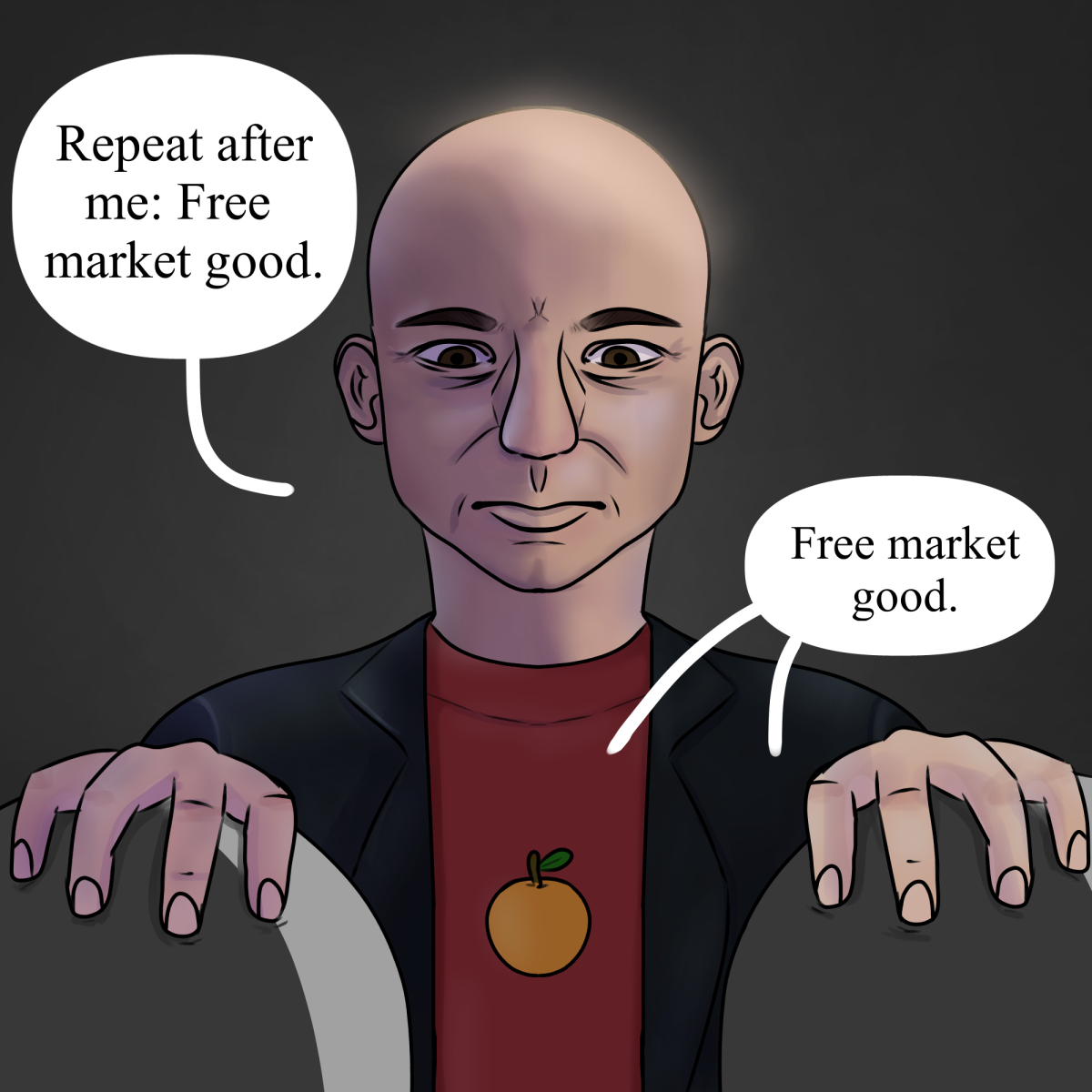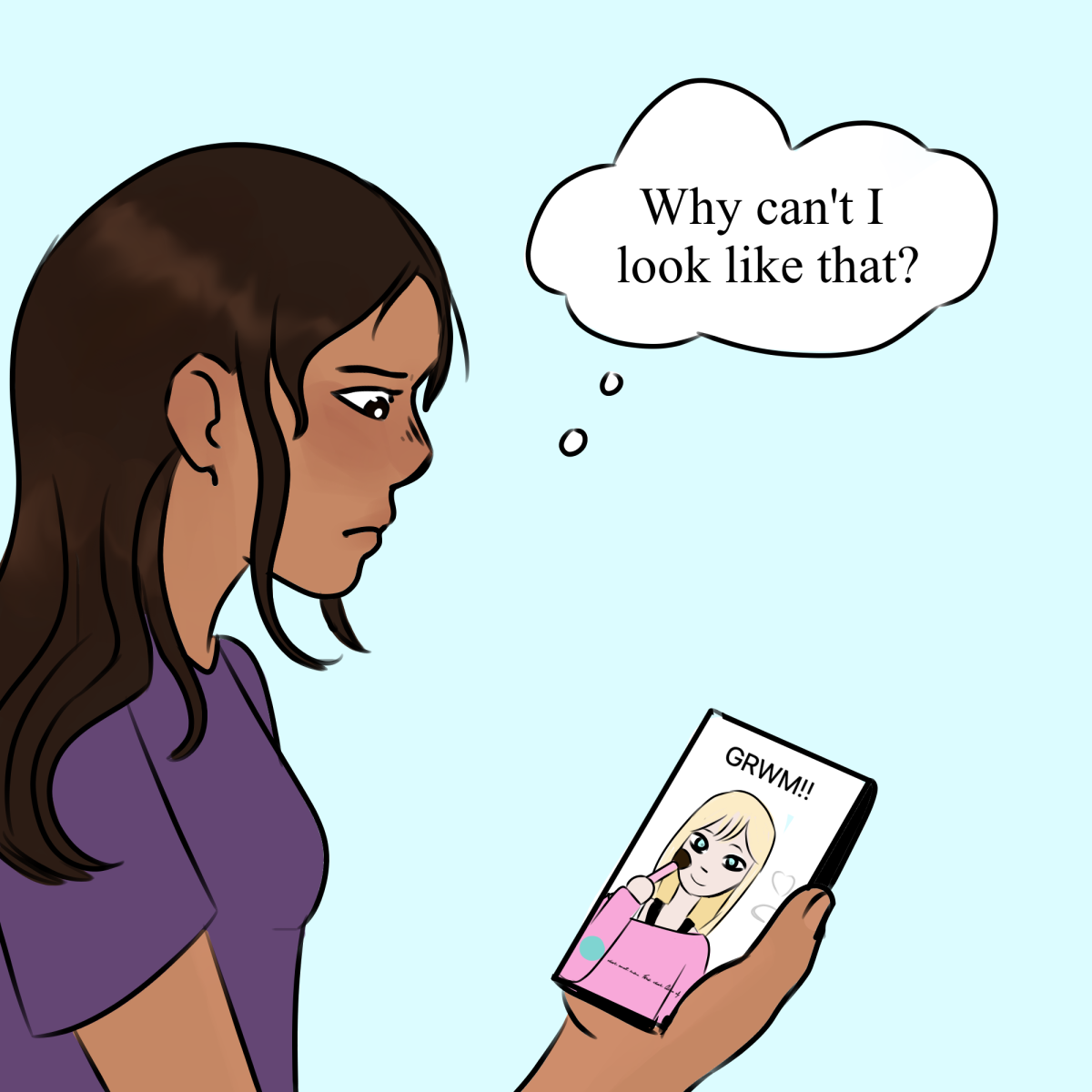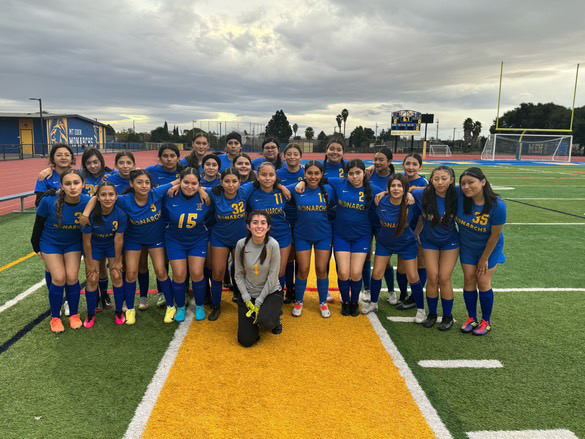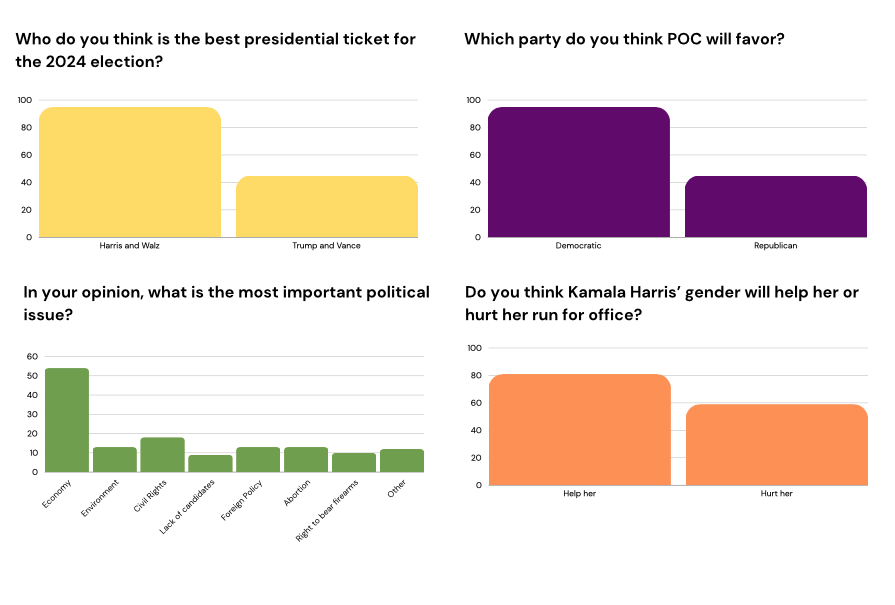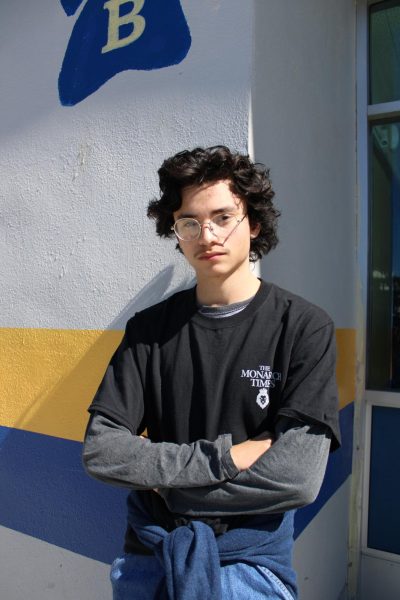Saying goodbye to edits of your favorite characters may seem like an unthinkable reality, but thanks to the bill passed by the House Energy and Commerce Committee this March to ban TikTok, it is our foreseeable future. The bill calls for TikTok to cut ties with its parent company, ByteDance, within six months or face a ban in the United States. The bill has been endorsed by the White House.
Lawmakers have expressed multiple concerns that TikTok and ByteDance may put sensitive user data like location information into the hands of the Chinese government, which may threaten the U.S. Additionally, critics have voiced the possibility of TikTok spreading antisemitic beliefs and promoting pro-Palestinian content to American viewers; Tik Tok has become a platform for pro-Palestine advocacy amongst young people.
According to leaked audio tapes from internal TikTok meetings provided by Buzzfeed News, ByteDance in China has collected and used data from U.S. users. “Everything is seen in China,” stated a member of TikTok’s Trust and Safety department. ByteDance accessed the data frequently, supporting the idea that TikTok poses a security risk to U.S. citizens. Moreover, in late 2022, ByteDance was found to track IP addresses of journalists who were reporting on the issue.
In January 2023, U.S. Senator Josh Hawley of Missouri introduced a bill to ban TikTok on devices issued by the federal government. Shou Zi Chew, CEO of TikTok, testified before the House Energy and Commerce Committee on Capitol Hill on March 23, 2023. He claimed numerous times that he was not associated with the Chinese government and did not install any form of Chinese spy technology to take over the U.S. Although he denied these allegations, lawmakers probed Zi Chew for 5 hours, ignoring his statements of him being Singaporean and asking him how he was affiliated with the Chinese government.
Some who believe TikTok should not be banned have argued that many American social media companies also collect personal data from users. This includes Facebook, who collected data from millions of users to sell to a consulting firm for political advertising in 2010. Additionally, in an audit, 90,000 developers in ‘high-risk’ areas like China, Russia, and North Korea were found to have access to Facebook user data including addresses and phone numbers.
In an interview with The Monarch Times, seniors Ruben Alcazar and Aaron Alvarez shared how they think banning TikTok isn’t the serious issue that lawmakers are making it seem like. “There are a multitude of social issues that need to be discussed in favor of banning an app, such as the current homeless population and the ongoing war with Israel,” argued Alcazar. Alvarez added, “I agree, I’ve seen multiple problems in San Francisco and Oakland that seem to be getting worse because no one is talking about them.” These two students agreed that TikTok shouldn’t be something lawmakers focus so much on.
However, it is not only the U.S. taking actions to ban TikTok. In fact, we’re late to the party. In mid-2020, India banned the platform, claiming that TikTok was secretly transmitting user data to servers outside India. Following in India’s footsteps, other countries including Britain, Australia, Canada, France, and New Zealand have banned the app from official devices. Currently, over two dozen U.S. states have banned TikTok on government-issued devices.
Mt. Eden junior Yahir Siordia shares his insight on TikTok’s current situation, “It’s a bit crazy and I disagree with the bill passed to ban TikTok. This app isn’t causing harm. In fact, there are a lot of good uses that come from being on TikTok. Earning money [is] one of them.” Alcazar and Alvarez also agreed with that TikTok has more pros than cons.
Because TikTok’s ban seems to be approaching, we must address important consequences. According to Exploding Topics, 80% of TikTok’s users are between the ages of 16-34 and 60% of users are part of Gen Z. “Youth will be impacted in different ways because of the ban, some even losing sources of income coming from the app,” said Siordia. Although this is a huge social media regulation, Alvarez communicated that youth will benefit from excluding any disturbing content posted on TikTok, while Alcazar claimed that youth will not benefit because their forms of entertainment are being cut down.
Currently, the House bill has passed and President Joe Biden has said he will sign it. However, as of April 23, it seems TikTok users in the U.S. won’t be kicked off the app anytime soon because of the ongoing debates about Tik Tok’s access to data.







